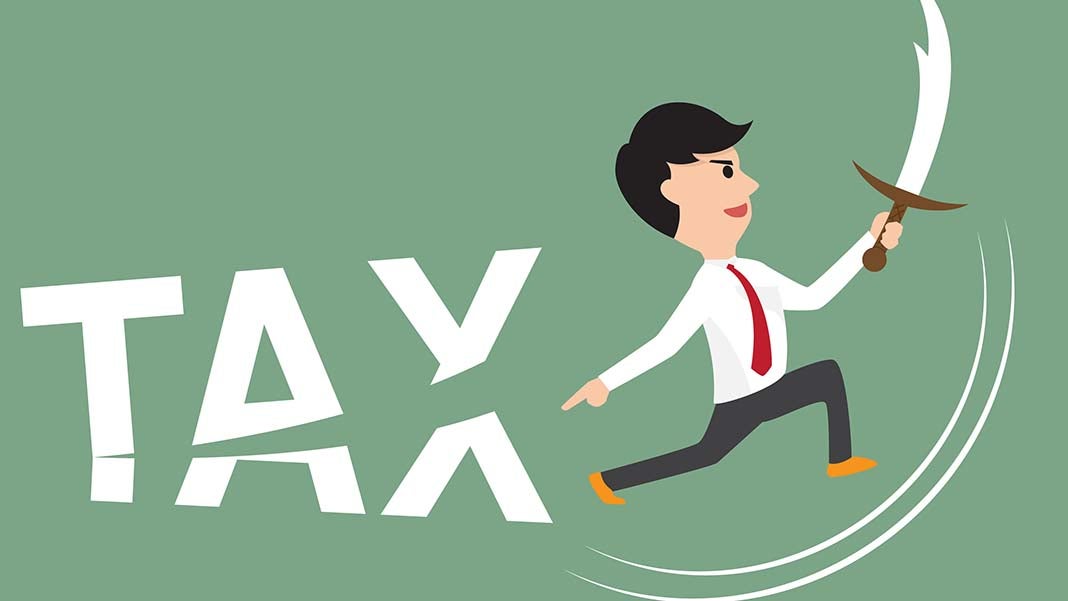Tax Deductions for New Small Business Owners
By: 1800Accountant

As a small business owner, you can take advantage of many tax breaks to reduce your tax bill and keep more of the income you earn. Many business tax deductions are often overlooked and are never claimed, which can leave thousands of dollars in savings on the table. Consider these commonly overlooked deductions when you file your business taxes.
Startup Costs
The expenses involved in launching a business can be tremendous. Fortunately, the IRS allows entrepreneurs to write off up to $5,000 they incur in business startup costs. Startup costs can include:
- Market research
- Business registration fees
- Legal and accounting fees involved in business entity setup
- Fees for business licenses and permits
- Marketing expenses to initially advertise your small business, i.e. signage for your shop
- Costs of holding a “grand opening” for your store or restaurant
- Equipment and supplies you need for your company to actively do business
- Initial employee training expenses
Operational Costs
Whether you run a business consulting firm right out of your house or a small pet shop, you’ll certainly incur at least a few operational expenses to keep your small business up and running. You may have to pay rent every month for your brick-and-mortar store. Perhaps you have a business smartphone you use that is separate from your personal phone. Or, maybe you pay a manufacturer to produce athletic gear that you sell.
Operational costs are fully deductible on your tax return, no matter how big or small of a business expense they are. There are thousands of potential operational costs, so just be sure you’re documenting each and every one to later write them all off when you file your return with the IRS.
Home Office Deduction
The home office deduction is a very beneficial tax-saving deduction for self-employed professionals with home-based businesses. You can write off a portion of the bills you pay that are directly related to conducting business. These deductible expenses include:
- Mortgage interest
- Insurance
- Rent
- Electricity
- Phone/Internet access
- Home repairs
However, to deduct them, these costs have to be directly associated with operating a business. They must be part of a designated room or area in your home that is intended for business activities.
In addition to using the percentage method for the home office deduction, there is an alternative flat-rate deduction option. You can deduct $5 per square foot of home office space for up to 300 square feet, resulting in a maximum write-off of $1,500 per year. This write-off option is much easier to claim as it requires far less documentation of your expenses.
Vehicle Deduction
It may not be evident on the surface, but deducting expenses related to your vehicle is an option for taxpayers who use it for business purposes. You must use your vehicle to travel between worksites to qualify for this write-off.
The vehicle deduction is based on either miles driven or actual expenses. The standard mileage rate for each year may vary; it’s 54 cents per mile for tax year 2016. If you use the actual expenses deduction option, you can include gas, tolls, vehicle maintenance, and insurance in your deduction. It’s important to consider both options to calculate which one will give you the largest possible tax deduction.
Medical Expenses
If you are a business owner and have a self-insured medical reimbursement plan, you may be able to deduct up to 100% of any out-of-pocket medical expenses you incur. Additionally, medical costs for the spouses and dependents of business owners are also generally deductible.
Meals & Entertainment Deduction
Another perk to being a small business owner involves the ability to deduct 50% of meals and entertainment. Such activities must be ordinary, necessary, and directly related to your business. For instance, two business partners may eat at a restaurant and discuss business-related subjects. Be sure to keep your receipts and record all of the names of the people you were with and what specific business was done during a meal or activity.
Retirement Plans
Various retirement plans for small business owners come with tax benefits and deduction opportunities.
A payroll-deduction IRA gives small business owners the flexibility of choosing how much they contribute to an employee’s IRA when taking payroll deductions.
The SIMPLE IRA Retirement Plan can be formally arranged during the following year, while tax deductions on contributions to the plan can be applied to the current tax year.
Another option is the self-employed 401(k) retirement plan, which allows for small business owners to make contributions as both an employer and an employee within a business. This plan can also allow for larger contributions in many cases, which can help small business owners maximize their contributions and tax savings.
Learn more about retirement plans for small business owners here.












